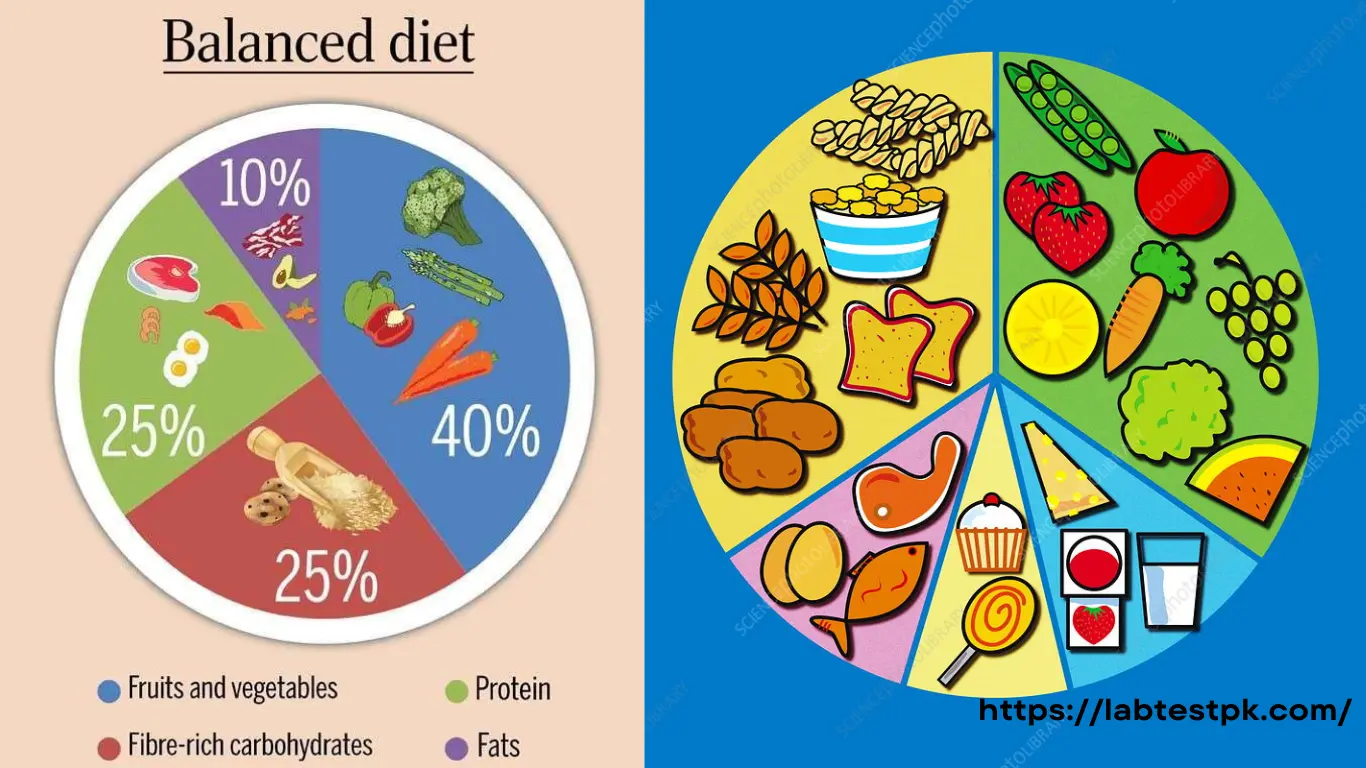Bydly Insights
Explore the latest news, trends, and insights across various topics.
Eat Right, Not Just Light
Discover how to nourish your body with delicious, balanced meals—because eating right is the key to feeling great!
The Power of Nutrient-Dense Foods: Eating Right for Optimal Health
The importance of nutrient-dense foods cannot be overstated when it comes to achieving optimal health. These foods provide a high amount of essential vitamins, minerals, and antioxidants while keeping calorie count low. Incorporating a variety of nutrient-dense options into your daily diet can elevate your overall well-being by enhancing immune function, boosting energy levels, and supporting healthy weight management. Some examples of nutrient-dense foods include leafy greens, berries, nuts, and whole grains, all of which can be delicious additions to any meal.
To harness the power of nutrient-dense foods, consider implementing the following tips into your eating routine:
- Prioritize whole foods: Focus on fruits, vegetables, lean proteins, and healthy fats.
- Experiment with colors: Aim for a rainbow of produce to maximize the variety of nutrients you consume.
- Plan meals: Create balanced plates that are rich in nutrients and lower in processed ingredients.
By making mindful choices and embracing nutrient-dense foods, you take a significant step toward nourishing your body and fostering long-lasting health.

Debunking Diet Myths: Why Low-Calorie Doesn't Mean Healthy
The term low-calorie often evokes the idea of healthiness, but this assumption can be misleading. Many individuals equate fewer calories with better health, ignoring the essential nutrients our bodies need. In fact, some low-calorie foods are heavily processed and stripped of vital vitamins and minerals. For instance, snack bars marketed as low-calorie may contain high levels of added sugars and unhealthy fats that can lead to long-term health issues. Therefore, it's crucial to evaluate foods not just by their calorie content but by their overall nutritional profile.
Another prevailing myth is that consuming low-calorie meals can lead to effective weight loss. However, this approach often leads to a cycle of deprivation and binge eating, ultimately sabotaging any progress made. Instead of focusing solely on calories, individuals should consider adopting a balanced diet rich in whole foods like fruits, vegetables, lean proteins, and healthy fats. These choices not only provide the necessary energy but also support metabolic health and promote sustainable weight management. Remember, low-calorie doesn’t always mean healthy; it's the quality of what we eat that truly matters.
What Does It Really Mean to Eat Right? A Guide to Balanced Nutrition
Eating right means more than just counting calories; it encompasses a holistic approach to balanced nutrition. A healthy diet should provide the necessary nutrients, including proteins, carbohydrates, fats, vitamins, and minerals, that are essential for maintaining optimal health. In order to achieve this balance, it is important to base your meals on a variety of foods. Consider the following key components of balanced nutrition:
- Fruits and Vegetables: Aim for at least five servings a day to ensure you get a wide range of vitamins and antioxidants.
- Whole Grains: Choose whole grains over refined grains for better fiber and nutrient content.
- Lean Proteins: Incorporate sources like chicken, fish, beans, and legumes in your diet.
- Healthy Fats: Opt for sources like avocados, nuts, and olive oil to support heart health.
Moreover, eating right also means listening to your body’s hunger and fullness cues. This mindful approach helps to develop a healthier relationship with food, allowing you to enjoy your meals without guilt. It’s not just about what you eat, but also how you eat. Practice mindful eating by slowing down, savoring each bite, and reducing distractions during meals. Additionally, hydration plays a crucial role in balanced nutrition. Aim to drink plenty of water throughout the day to support bodily functions and overall well-being. Ultimately, the journey to eating right is about making sustainable lifestyle changes that foster better health.